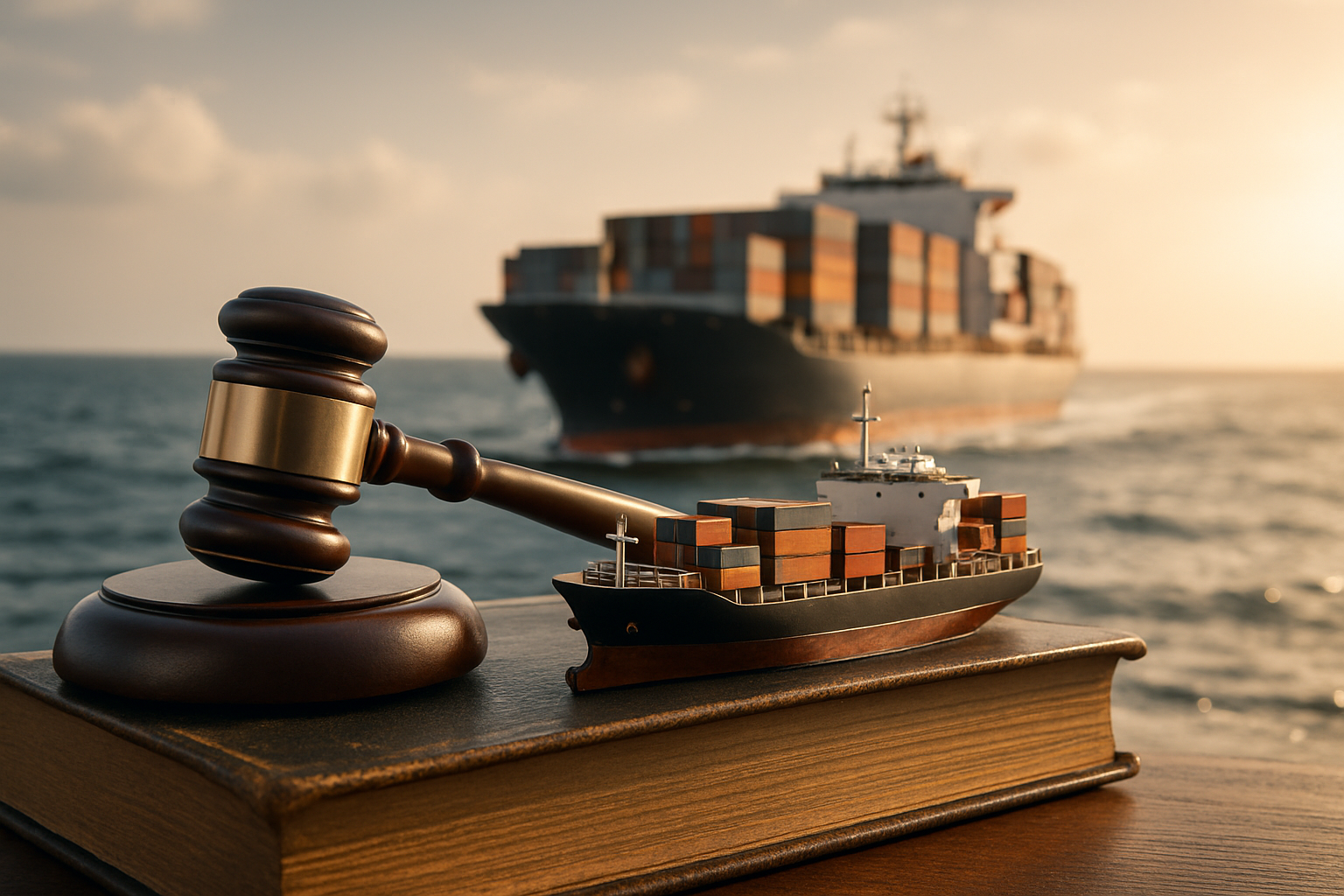Admiralty Law's Modern Evolution in Global Commerce
In an era of expanding international trade and complex maritime disputes, admiralty law stands as a critical yet often overlooked pillar of global commerce. This specialized legal field, steeped in centuries of tradition, continues to evolve rapidly to address the challenges of modern seafaring and offshore activities. From piracy on the high seas to environmental regulations in coastal waters, admiralty law shapes the rules that govern our oceans and waterways.

As seafaring nations rose to prominence, each developed its own set of maritime regulations. The English Admiralty Courts, established in the 14th century, played a pivotal role in shaping modern admiralty law. These courts operated under a separate legal system from common law courts, recognizing the unique nature of maritime disputes and the need for specialized adjudication.
Jurisdiction and Scope in the Modern Era
Today, admiralty law encompasses a wide range of issues beyond traditional shipping disputes. Its jurisdiction extends to offshore oil and gas operations, marine pollution, salvage operations, and even recreational boating accidents. In the United States, federal courts have exclusive jurisdiction over admiralty cases, as mandated by the Constitution. This centralization ensures uniformity in maritime law across the nation and facilitates the resolution of international disputes.
The scope of admiralty law has expanded significantly with technological advancements and changing global dynamics. For instance, the rise of autonomous vessels presents new legal challenges regarding liability and regulation. Similarly, the increasing focus on environmental protection has led to more stringent international conventions governing marine pollution and vessel emissions.
International Conventions and Harmonization Efforts
The global nature of maritime activities necessitates international cooperation and standardization. Numerous conventions, drafted under the auspices of the International Maritime Organization (IMO), aim to harmonize admiralty law across jurisdictions. Key agreements include the International Convention for the Safety of Life at Sea (SOLAS) and the United Nations Convention on the Law of the Sea (UNCLOS).
These conventions address critical issues such as maritime safety, environmental protection, and the delineation of territorial waters and exclusive economic zones. However, challenges remain in ensuring universal ratification and consistent enforcement across different nations. The ongoing efforts to update and expand these conventions reflect the dynamic nature of admiralty law in response to global challenges.
Emerging Trends and Contemporary Challenges
Admiralty law continues to evolve in response to technological innovations and global trends. The rise of cybersecurity threats in the maritime sector has prompted new regulations and liability considerations for vessel operators and port facilities. Additionally, the push for decarbonization in the shipping industry is driving significant legal and regulatory changes, including the implementation of emissions control areas and the development of legal frameworks for alternative fuels.
Climate change presents another set of challenges for admiralty law. Rising sea levels and changing weather patterns affect everything from port operations to the determination of baselines for territorial waters. Legal experts are grappling with questions of how to adapt maritime boundaries and regulations in the face of these environmental shifts.
The Future of Admiralty Law
As global commerce continues to rely heavily on maritime transport and offshore resources, the importance of admiralty law is set to grow. The field must balance its rich historical traditions with the need for innovation to address modern challenges. This may include the development of new legal doctrines to handle disputes involving autonomous vessels or the creation of more robust international mechanisms for enforcing environmental regulations on the high seas.
The future of admiralty law will likely see increased integration with other legal disciplines, such as environmental law, international trade law, and cybersecurity law. This interdisciplinary approach will be crucial in addressing the complex issues arising from globalization and technological advancement in the maritime sector.
In conclusion, admiralty law remains a vital and dynamic field, adapting to the ever-changing landscape of global commerce and maritime activities. Its continued evolution will play a crucial role in shaping the future of international trade, environmental protection, and the governance of our world’s oceans and waterways.





